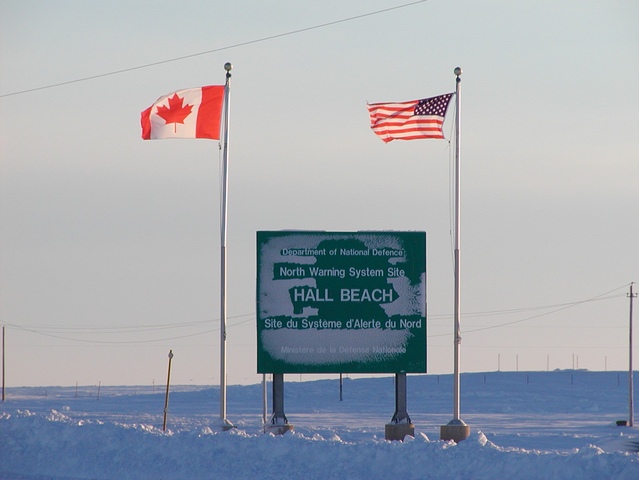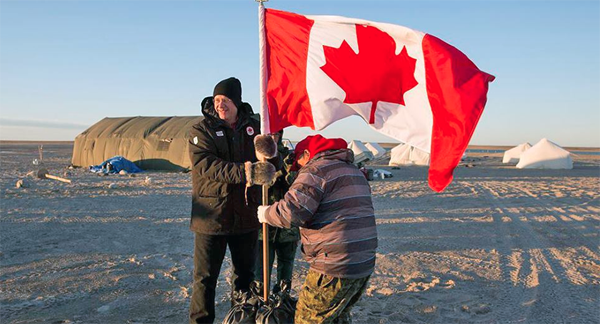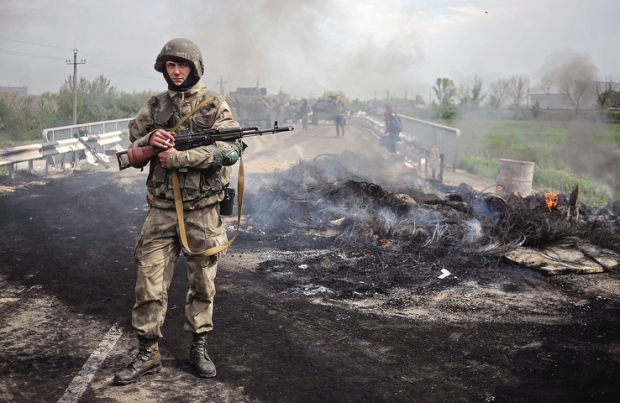The Canadian Department of National Defence (DND) is looking at bolstering its contributions to the joint US-Canada North American Aerospace Defence Command (NORAD). The Pentagon is open to Canada’s playing an increased role in the Arctic, particularly in the fields of multi-sensor systems for detecting incoming ballistic missiles, ships and aircraft. Endorsed by a rare non-partisan coalition in Canadian politics, including Prime Minister Stephen Harper and former Ministers of Defence David Pratt and Bill Graham, the DND is currently looking into Arctic-based continental surveillance radars with increased range. The sensors will emphasize interoperability with current NORAD and North Atlantic Treaty Organization (NATO) systems already based in North America.
NORAD is a bi-national military organization formally established in 1958 between Canada and the US, with a stated goal of monitoring and defending airspace. In 2006, NORAD was further expanded to include maritime warning systems. NORAD promotes close co-operation with US military and political command structures, and also sustains important economic benefits, stimulating research and development while maintaining 50,000 jobs across Canada. The 2001 terrorist attacks saw the creation of US NORTHCOM (Northern Command) to guard against potential northern threats. NORAD became an important interoperability link between US NORTHCOM and the Canadian Joint Operations Command (CJOC). Given Canada’s vast geographic area and relatively small population, the bi-national early warning and defence capabilities of NORAD are an important cost saving measure. To allay concerns of NORAD developing primacy over sovereign defence issues, both governments retain the final say on issues that deal with national defence. Aside from introducing a maritime early warning jurisdiction, 2006 also introduced a permanency clause to the NORAD agreement, making it subject to review every four years rather than the previous infrequent renewals. NORAD continues to provide a valuable deterrent to aggression since its inception in 1958, while also promoting the continued interoperability between Canadian and US political and military institutions.
The Pentagon has spent roughly US $100 billion on upgrades to the system since 2000, but gaps remain, particularly in the Canadian Arctic. NORAD Commander US admiral Bill Gortney has issued a warning that even with these changes, NORAD will become obsolete by 2025. In a March 2015 communique to the US Senate Armed Services Committee, Gortney stated that ““We’re worried about Russian air, maritime and cruise missile threats…peer competitors, rogue regimes, myriad terrorist organizations, individual violent extremists, and transnational organized crime looking for weaknesses to exploit…We view the Arctic as an emerging operating area with much yet to be defined.” The Arctic Council, a regional governmental forum, was also mentioned by Gortney as a possible source of non-security related arctic infrastructure building challenges, something that an expanded NORAD would almost certainly fall under.
With financing in both US and Canadian defence budgets proving a problem, a possible solution is the North Warning System, a NORAD program consisting of 47 unmanned long and short radar stations from Alaska to Labrador. While this strategy does introduce cost saving and efficiency matters, it also removes some of the frontline, human element from snap decision making. This could prove dangerous in the event of a system malfunction or faulty radar return.
Ultimately, the Arctic is becoming an area of increased importance in world geopolitics and security issues. Climate change has unlocked previously inaccessible resources and transportation routes, while also creating potential new security challenges and risks. NORAD has greatly contributed to the defence and security of Canada and North America since 1958, and attention should be paid to much needed renewals and upgrades. According to Gortney, “Well, the Arctic ice pack is receding. I mean that’s clear. We see that every year. We see it receding and so the question is now: as it recedes, how much more commercial activity is going to be up there in the form of transportation…resource extraction? Will companies and nations go up there for resource extraction, you know, oil, gas, minerals” What does that mean in the future…that’s what we’re trying to determine.” An area that the attention of the global community is slowly turning towards, the Arctic, NORAD provides too much of an important surveillance and deterrence capability to be allowed to crumble into disuse.




